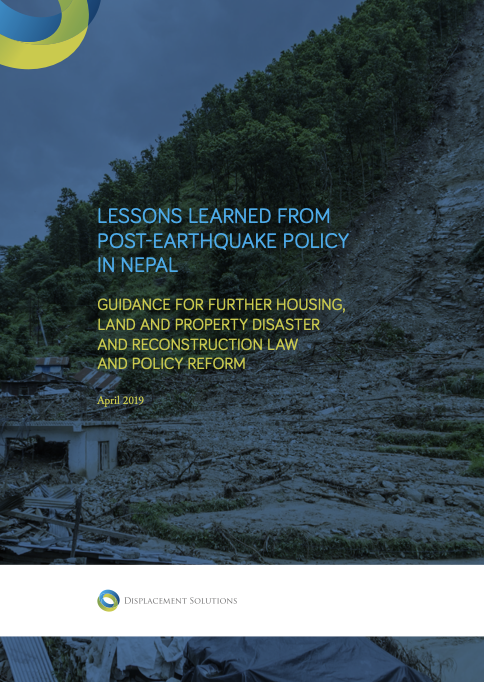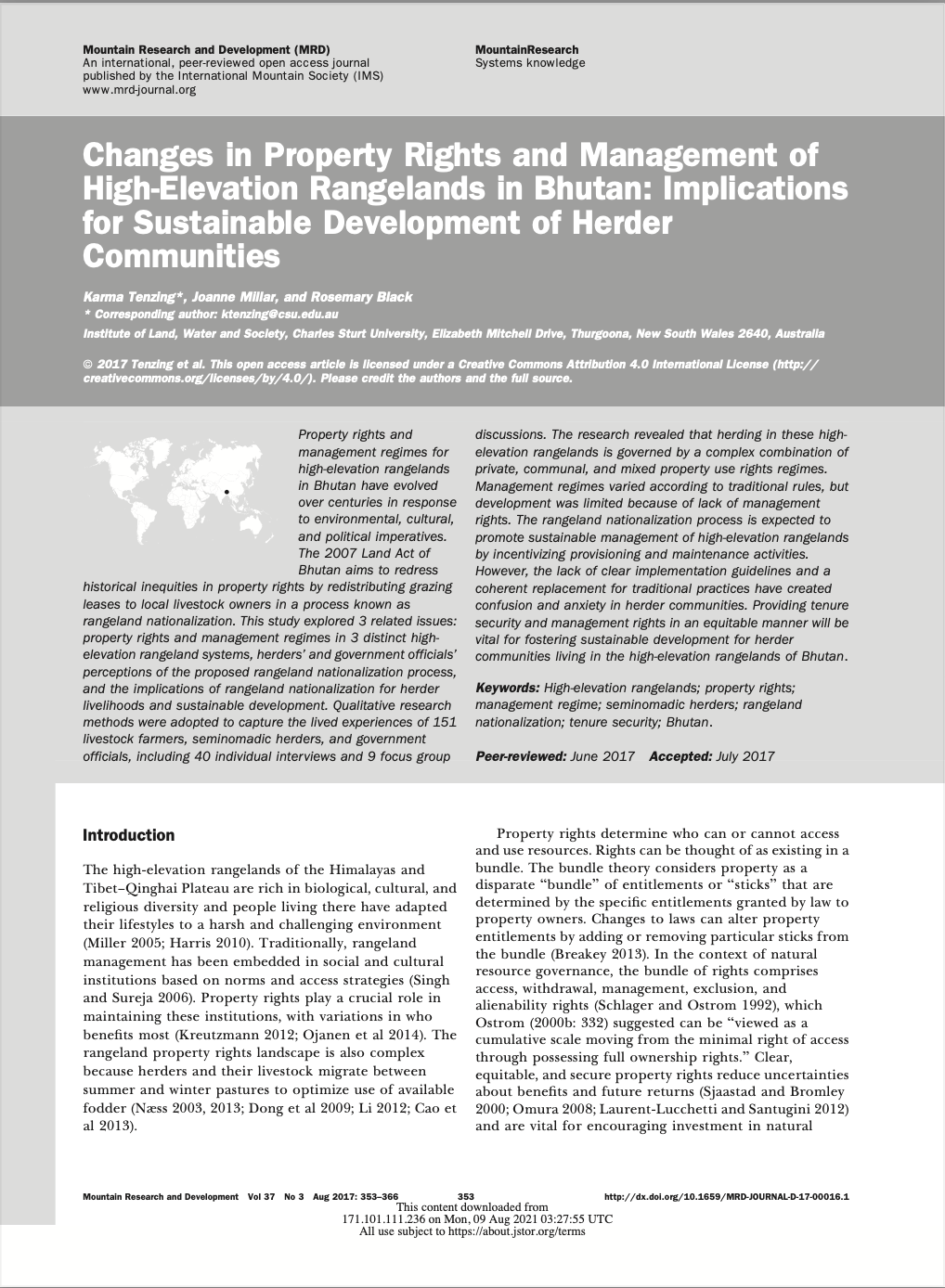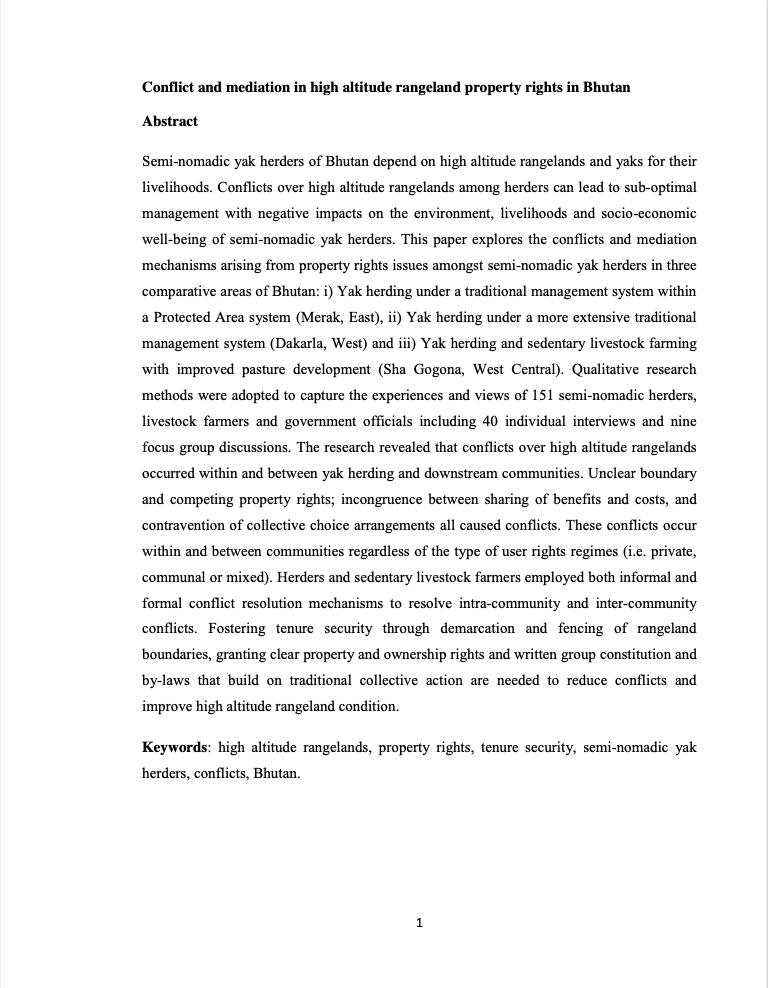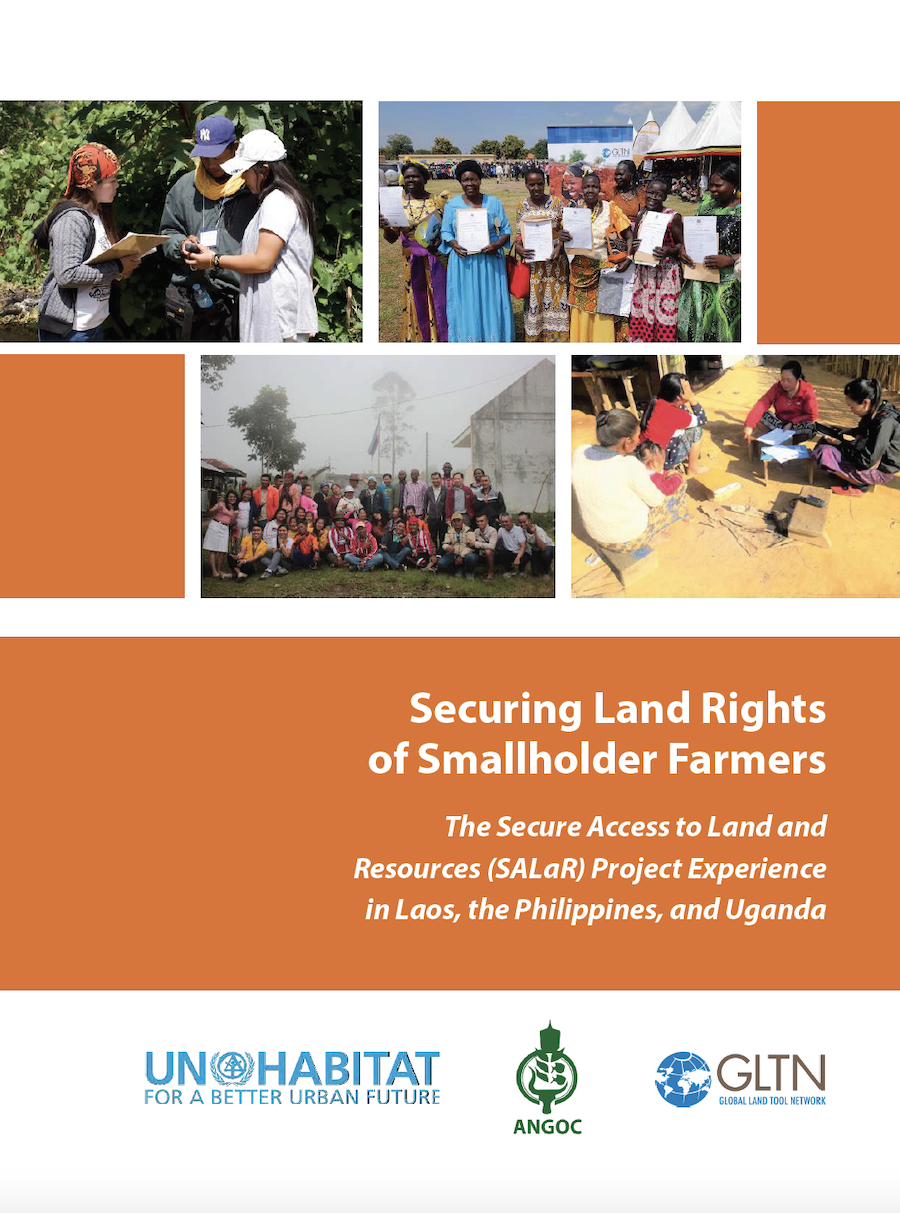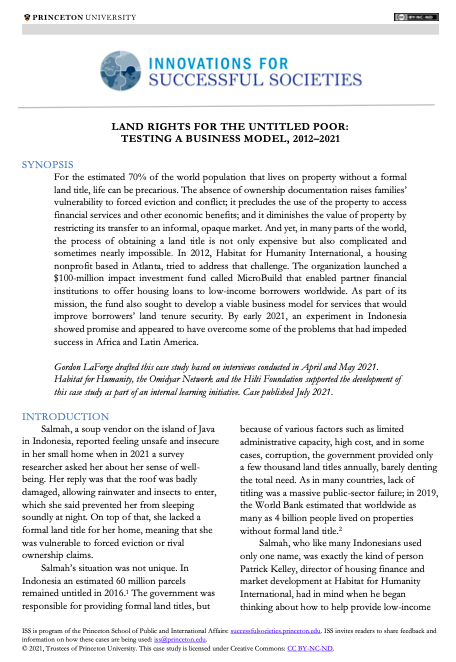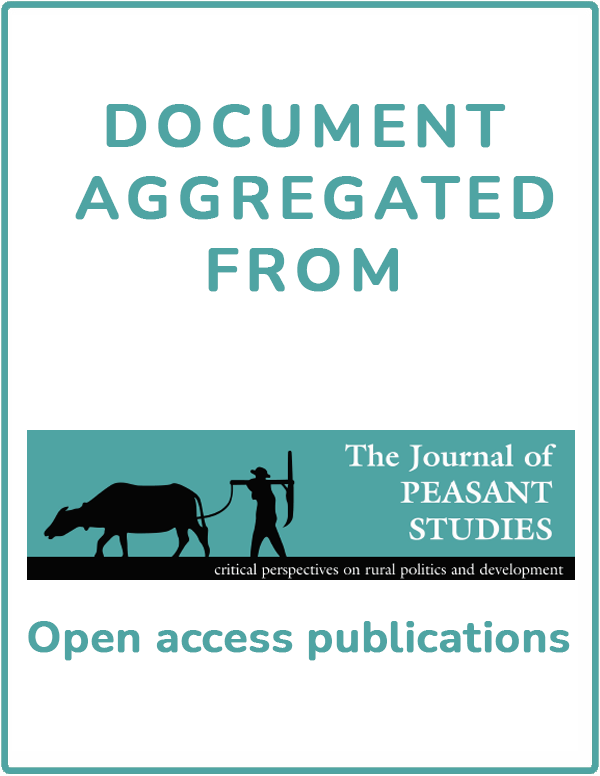Lessons Learned from Post-Earthquake Policy in Nepal
Displacement Solutions was approached and commissioned by DFID to carry out research on the housing, land and property rights issues arising from the reconstruction process, with an emphasis on the planned relocation aspects thereof. Displacement Solutions undertook a three-person mission to Nepal in November 2018 during which time extensive interviews were carried out, field visits made, and film footage taken for the production of a short documentary film which has since been completed.

